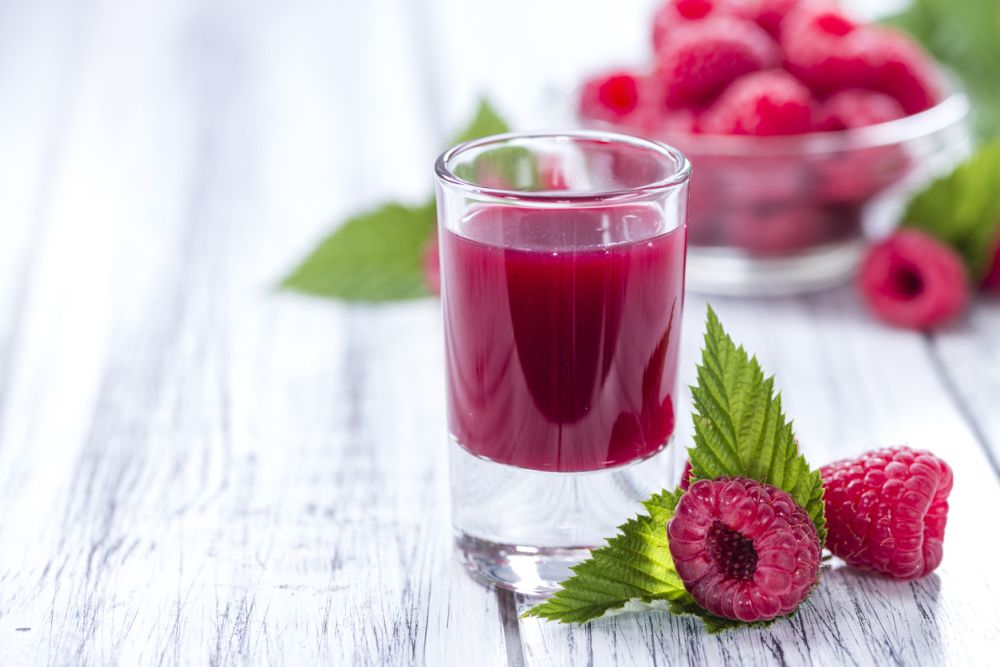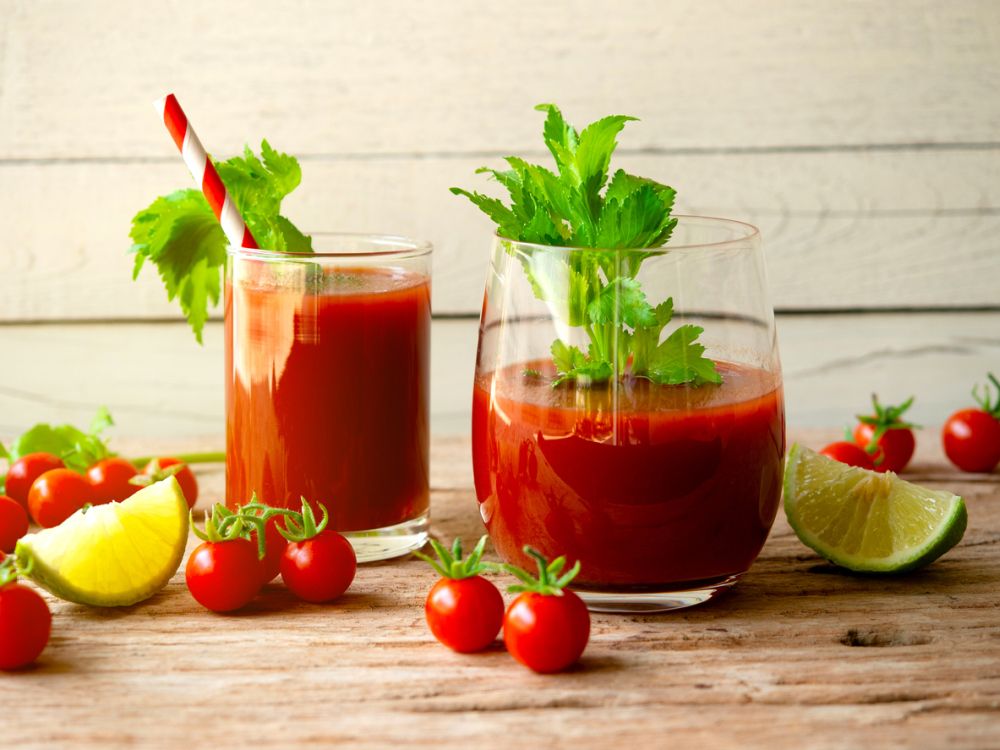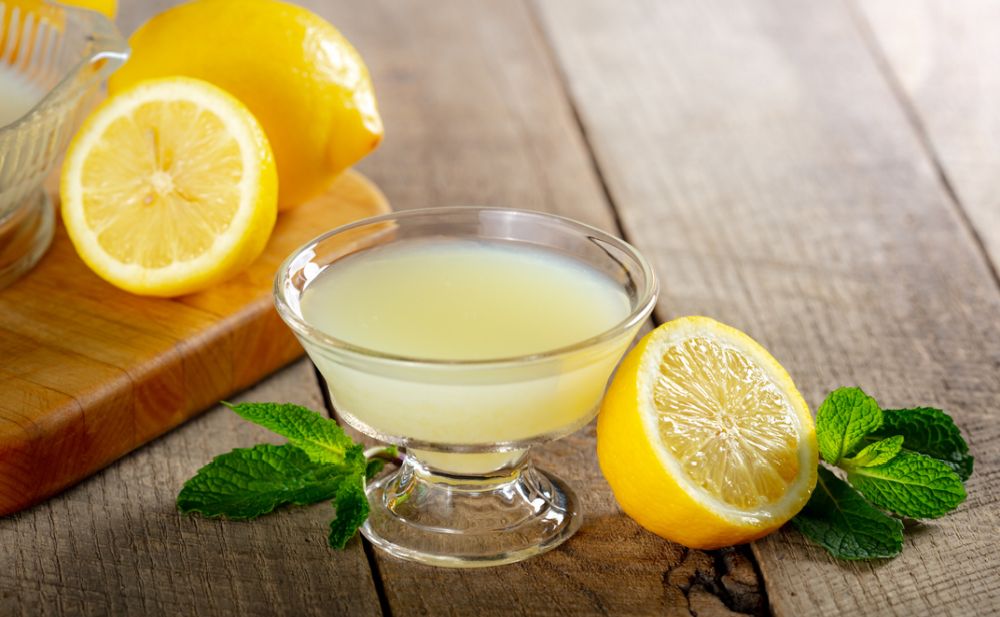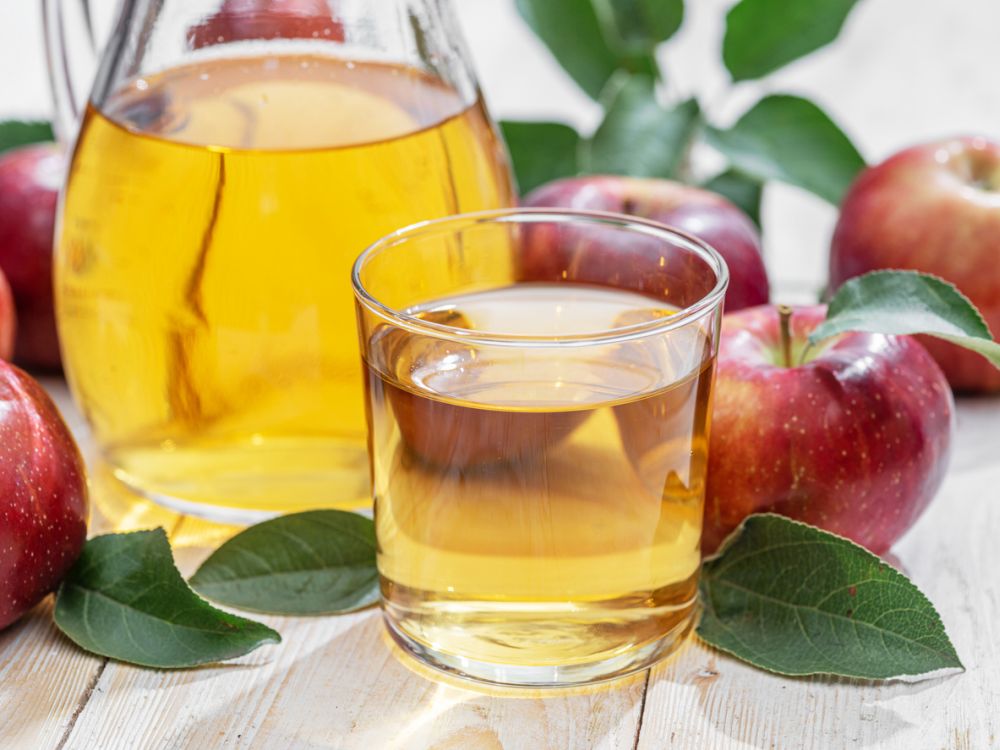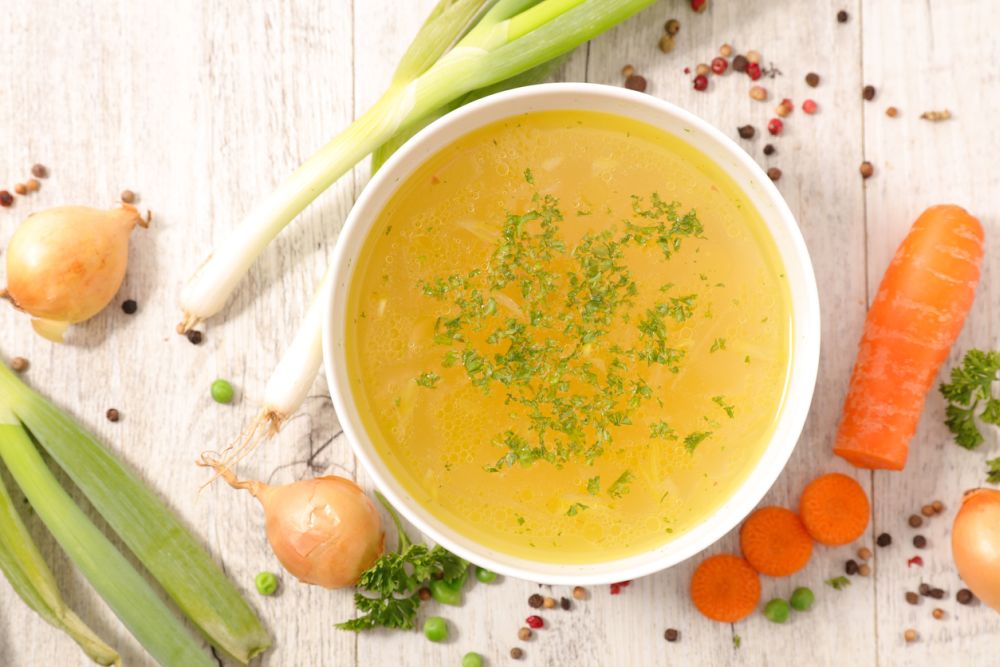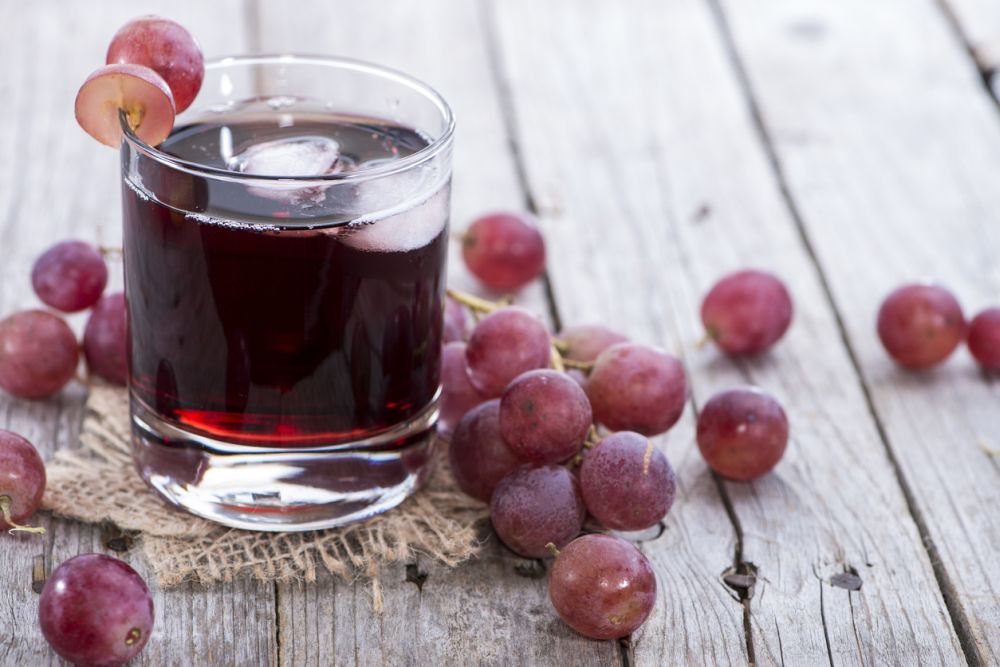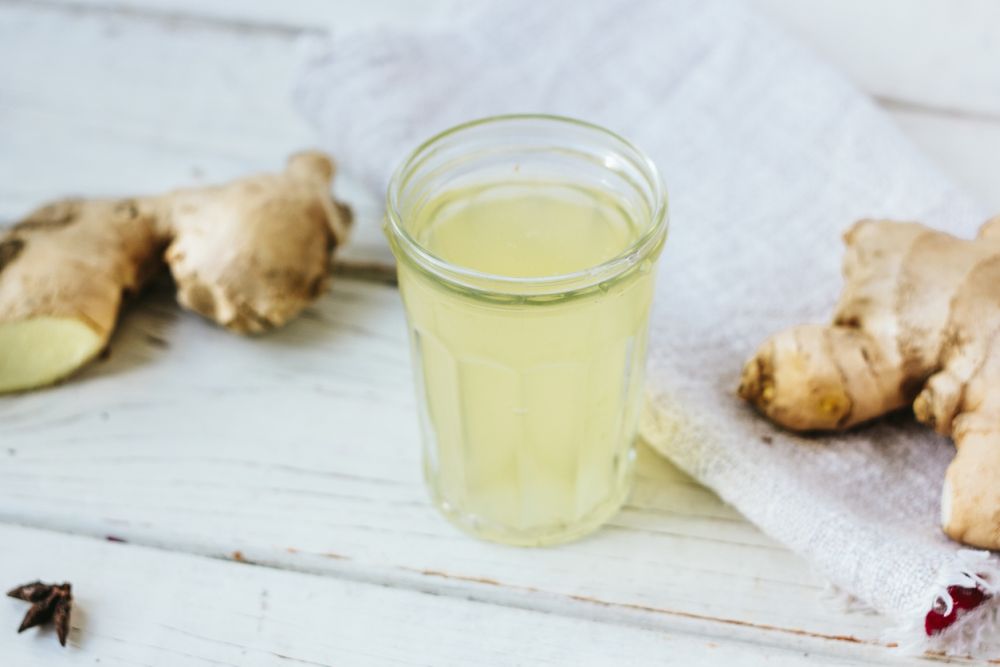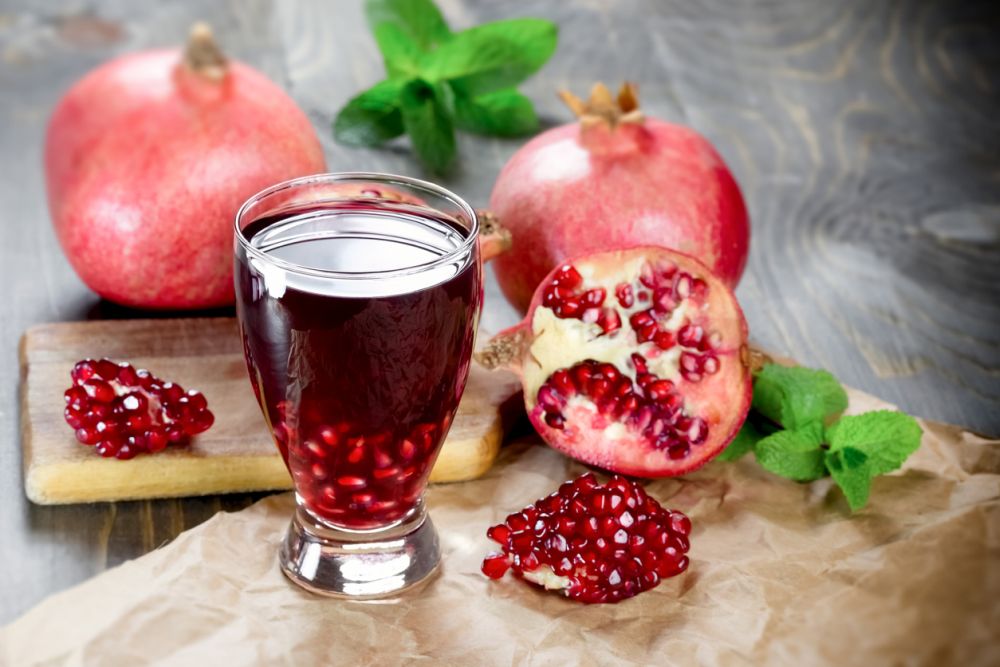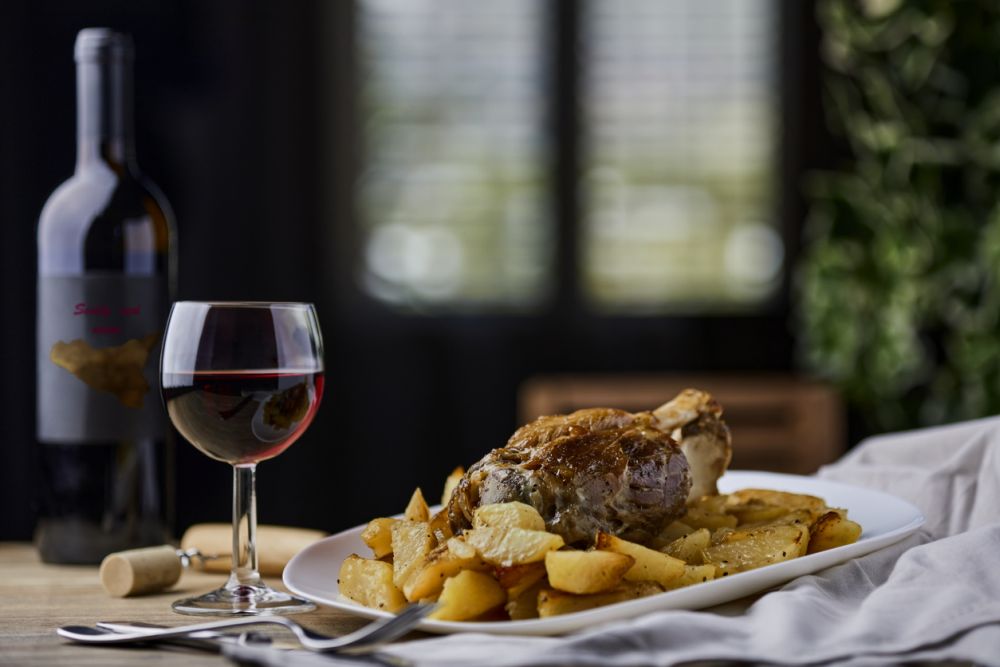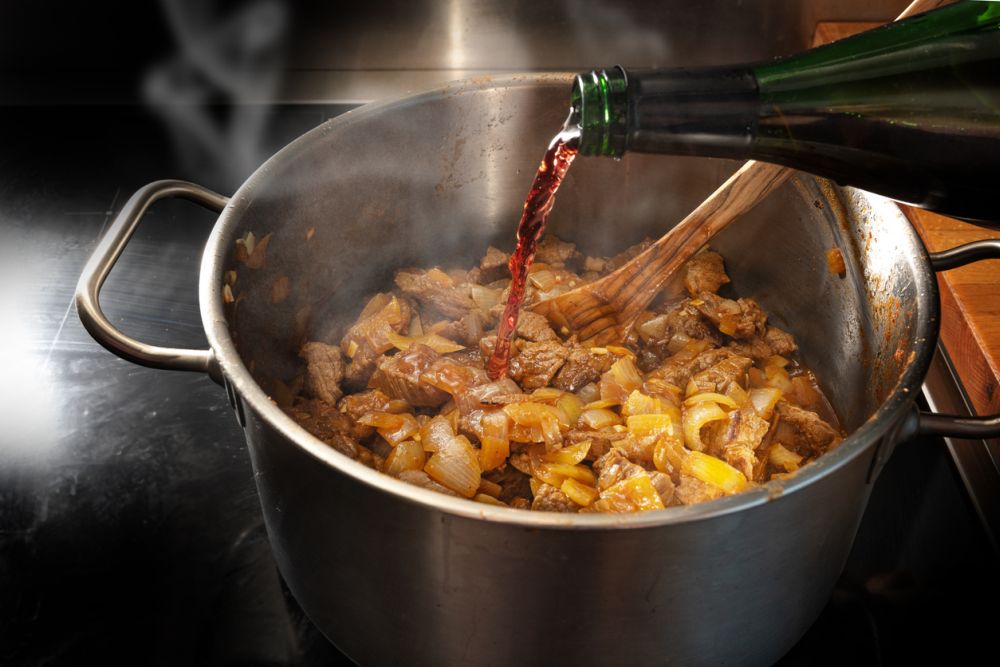11 Red Wine Substitute Ideas in Cooking (Non-Alcoholic Only)
Red wine is a staple ingredient in the kitchen. But if you’re cooking something special for kids, designated drivers, or just people who don’t drink, check out these non-alcoholic red wine substitute ideas!
Red wine is more than just a drink to accompany a good meal. It has been used for years to enhance the flavor of various recipes.
If you’ve ever cooked with red wine, you know how hard it is to replace it. Yet, sometimes even when a recipe calls for red wine, you may find that you don’t have any. Or you might have to prepare a delicious meal without the alcohol.
You can always use a red wine substitute to satisfy your cravings and bring out a meal’s flavor without using any alcohol. It’s not exactly the same result, but it will do nicely.
This article gives you non-alcoholic red wine substitute ideas and explains how to use these alternative ingredients, so keep reading to find out more.
Table of Contents
Let’s begin by learning all about cooking with red wine.
How to Use Red Wine for Cooking
Red wine has alcohol. The alcohol doesn’t add flavor to your dish but improves the taste of other ingredients. Specifically, alcohol releases the flavor of food molecules and helps dissolve fats, allowing the dish’s ingredients to reveal their unique flavors.
Here are some tips and tricks on how to use red wine for cooking:
- Dry red wines like Pinot Noir, Merlot, and Cabernet are great at flavoring different dishes.
- When creating sauces, allow the entire amount of red wine to cook off. Otherwise, your sauce will taste slightly boozy.
- Red wine is best used in slow cooking recipes like lamb stews, beef stews, tomato sauces, braised duck, and other dark meat recipes.
- You can add red wine to rice-based dishes like risotto to add depth and richness to an otherwise simple dish.
- It’s possible to add red wine to soups, pan sauces, and braising liquids.
- If you’re preparing a slow-cooking dish, add red wine at the beginning. For example, if you’re making a pan sauce, add the wine right after removing the meat from the pan to deglaze the pan.
- When making a marinade, the red wine enhances the flavor of other marinating ingredients and spices. It also keeps the meat soft for several hours.
- Thanks to its fruity tones, you can use red wine in desserts, custards, sorbets, and truffles.
- Red wine pairs well with dark chocolate and helps enhance the taste of glazes, fondue, and ganache.
In the next section, discover the best non-alcoholic red wine substitute ideas.
11 Non-Alcoholic Red Wine Substitute Ideas for Meals
This section describes the best non-alcoholic red wine substitutes for cooking: red and white vinegar, cranberry juice, pomegranate juice, ginger juice, grape juice, vegetable stock, apple juice, lemon juice, tomato juice, raspberry juice, and water.
Let’s start with red and white vinegar.
1. Red and White Vinegar
Red and white vinegar are excellent substitutes for red wine.And chances are that you already have it in the kitchen.
Generally, vinegar works for many dishes. But white and red vinegar have high acidity levels and don’t alter the flavor of your meals.
Red and white vinegar work best in pork and beef dishes, sauces, and marinades. When replacing red wine with red or white vinegar, apply the 1:1 ratio. So use 1 tablespoon of red or white vinegar for every tablespoon of red wine.
You should also know that red and white vinegar are great alternatives to white wine in cooking.
In the next section, check out cranberry juice.
2. Cranberry Juice
Cranberry juice is a great red wine substitute. It has the same color as red wine and a similar tart taste that helps enrich your dishes.
However, cranberry juice is sweeter than red wine. So you should only use it for recipes that require sugar and make sure to reduce the required amount of sugar. Marinades and salad dressings are fantastic examples.
When replacing red wine with cranberry juice, apply the 1:1 ratio. So use 1 tablespoon of cranberry juice for every tablespoon of red wine.
In the next section, check out pomegranate juice.
3. Pomegranate Juice
Pomegranate juice is a great red wine substitute. It has a pleasant sweet taste and color, almost similar to red wine. But the flavor is more robust, so you need to use a smaller amount of pomegranate juice.
Pomegranate juice has low acidity levels. So if you want to add an acidic flavor to your dish, combine pomegranate juice with vinegar. It works well with meat sauces, veggies, and salad dressings.
When replacing red wine with pomegranate juice, use 1 cup of pomegranate juice and 1 tablespoon of vinegar for every cup of red wine.
In the next section, check out ginger juice.
4. Ginger Juice
Ginger juice is an awesome red wine substitute with a similar flavor. But your dish will have a slightly lighter shade.
When replacing red wine with ginger juice, stick to the 1:1 ratio. So use 1 tablespoon of ginger juice for every tablespoon of red wine.
You can use ginger juice in fish and chicken marinades and salads.
In the next section, check out grape juice.
5. Grape Juice
Grape juice is a fantastic red wine substitute, particularly since both are made from grapes.
Expect your meals to be sweeter when using grape juice in place of wine. As such, you should reduce the amount of sweetness of other ingredients, such as sugar or baked carrots.
When replacing red wine with grape juice, apply the 1:1 ratio. So use 1 cup of grape juice for every cup of red wine.
To reduce the sweetness level, dilute grape juice with a bit of vinegar. So use 1 cup of grape juice and 1 tablespoon of vinegar for every cup of red wine.
In the next section, check out vegetable stock.
6. Vegetable Stock
Vegetable stock is a wonderful red wine substitute, particularly in stews and soups. It doesn’t work for cold dishes and salads.
If you don’t have vegetable stock in your fridge, beef or chicken stock will do, too. For example, beef stock adds a similar color to red wine to your meals. Just be sure to add spices and seasonings to obtain the flavor you need.
When replacing red wine with vegetable, beef, or chicken stock, use the 1:1 ratioand add a bit of vinegar since broth is less acidic. So use 1 cup of broth and 1 tablespoon of vinegar for every cup of red wine.
In the next section, check out apple juice.
7. Apple Juice
Apple juice is a great alternative to red wine in cooking. It’s sweeter than red wine, so you have to adjust the other ingredients in your recipe.
To get the same red color, be sure to use apple juice made from red apples. It’s wonderful for sauces and dressings but only when the recipe requires a small amount of red wine.
When replacing red wine with apple juice, stick to the 1:1 ratio and add vinegar to make it more acidic. So use 1 cup of apple juice and 1 tablespoon of vinegar for every cup of red wine.
In the next section, check out lemon juice.
8. Lemon Juice
Lemon juice is a good replacement for red wine in cooking, thanks to its sour, tangy taste. As such, it works in dressings and marinades.
When replacing red wine with lemon juice, use 1/2 cup of lemon juice and 1/2 cup of water for every cup of red wine. The water dilutes the lemon juice, reducing its sourness.
In the next section, check out tomato juice.
9. Tomato Juice
Tomato juice is not an ideal red wine substitute because it’s somewhat bitter, so it can drastically alter the flavor of your food. But you can adjust the flavor by combining it with a bit of fruit juice. And you can’t beat the wonderful red color, similar to that of red wine.
When replacing red wine with tomato juice, use 1/2 cup of tomato juice and 1/2 cup of fruit juice (e.g. apple juice) for every cup of red wine. It’s an excellent choice for marinades.
In the next section, check out raspberry juice.
10. Raspberry Juice
Raspberry juice is a decent red wine substitute, similar to grapefruit, cranberry, and cherry juice. It has the same dark color, and it’s also tart and acidic.
When replacing red wine with raspberry juice, use the 1:1 ratio. So use 1 tablespoon of raspberry juice for every tablespoon of red wine. It’s excellent forsauces, glazes, and salads.
In the next section, check out water.
11. Water
Water should be your last resort, only if you don’t have other red wine substitutes. It doesn’t add any flavor, color, or acidity but the required level of moisture.
Just make sure to add small amounts of water at a time.
It’s best to combine water with other ingredients to obtain a similar flavor, color, and acidity to red wine. For example, you can use 1/4 cup of water, 1/4 cup of vinegar, and 1 /2 cup of apple juice for every cup of red wine.Feel free to also add lemon extract or ground ginger.
Red Wine Substitute Ideas (FAQ)
This section gives you simple answers to common questions regarding red wine substitute ideas in cooking.
What can I use in place of red wine when making beef stew?
When making beef stew, you can add beef stock with red wine vinegar or apple cider vinegar in place of red wine.
What can I substitute for red wine when drinking?
You can drink cherry juice or low-sugar cranberry juice instead of red wine since they have the same red color.
What can I use instead of red wine when making spaghetti sauce?
When makingspaghetti sauce or any other pasta dish, use tomato paste instead of red wine, thanks to its sweetness, tartness, and dark color.
The next and final section summarizes the entire article on red wine substitute ideas.
Red Wine Substitute Ideas (Conclusion)
Red wine is a great ingredient in cooking, especially when making meat sauces or pasta dishes. However, it can be replaced with something non-alcoholic in most cases.
Using other ingredients in place of red wine can be a little daunting since the final flavor will be quite different. On the bright side, this gives you an opportunity to play withvarious red wine substitutes.
What’s your favorite red wine substitute? Let us know in the comments below!


